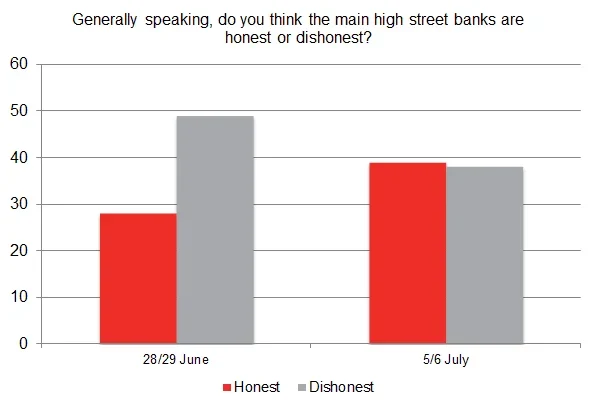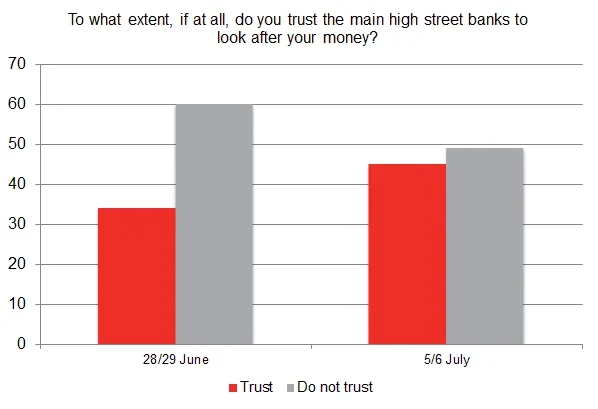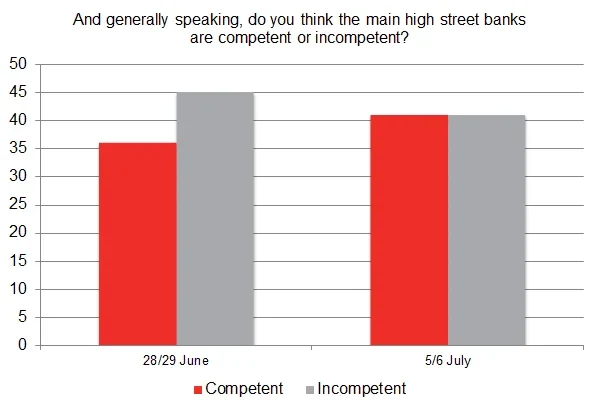YouGov CEO Stephan Shakespeare on the politics/consumer crossover and why banks should follow Microsoft lead
Everything is politics now, especially banking and technology. Business used to be able to say, 'We don't care about politics, just let us get on with building prosperity', but no longer.
It's therefore no surprise that, probably for the first time, we see a top-rank political pollster taking a seat at the top table of a giant corporation: last week Microsoft hired Mark Penn as vice president for strategic and special projects, reporting directly to CEO Steve Ballmer.
Penn started helping Bill Clinton in 1994 and was with him for six years. He also worked for Hillary Clinton and Tony Blair. He was one of the first to go beyond the most basic demographics when identitying voter groups; he became smart at defining and targeting segments such as 'soccer moms'. It's noteworthy that in hiring him, Ballmer has referred not to the usual corporate PR functions but states that Penn will help Microsoft "reach new consumers and grow market share." The cross-over between politics and consumer marketing is increasing every day.
All CEOs should have the help of a decent pollster, but top bankers have the greatest need of them right now. The business sector that contributes the most to the economy is today under the severest threat, and bankers should not be tempted to hide. The graph below shows the opportunity.
Over two consecutive weeks, YouGov asked a number of questions about how banking is viewed by the general British public.
Between June 29 and July 6, the view of the industry had considerably improved. When the Barclays Libor scandal and the NatWest/RBC technical issue were big in the media, banks were seen as 28% to 49% honest versus dishonest.

A week later, the computer glitch had faded but Libor remained high on the agenda. The change is remarkable: honest / dishonest are now even (a swing mirrored in all our numbers). The most compelling (but not the only) explanation is that smooth-running banking services matter more to the public view of the industry than the moral issues surrounding its trading divisions.

Politicians ‒ and indeed the media ‒ have two angles on the world; their own view from the inside, and seeing it through the eyes of the public. The two can be very different but are always intimately connected: politicians today regard bankers as easy game because the public mood is so against them. Banks should respond not by the usual 'public affairs' back routes, which have little success these days, but through their relationships with customers. They still have a chance to avert the destruction of London's vital advantages as a banking centre.

At the moment the public still edge towards seeing 'the financial industry in the City of London' as being 'mainly positive' (33% versus 29% saying 'mainly negative', with 38% saying 'equal' or 'don't know' ‒ this attests to a highly fluid state of opinion). Banking CEOs would do well to follow the lead of Microsoft, not only to avoid the fate of Bob Diamond but to improve their market share.
- Key numbers on banks are: 28th/29th June, Honest 28%, Dishonest 39%; 5th/6th July, Honest 39%, Dishonest 38%










